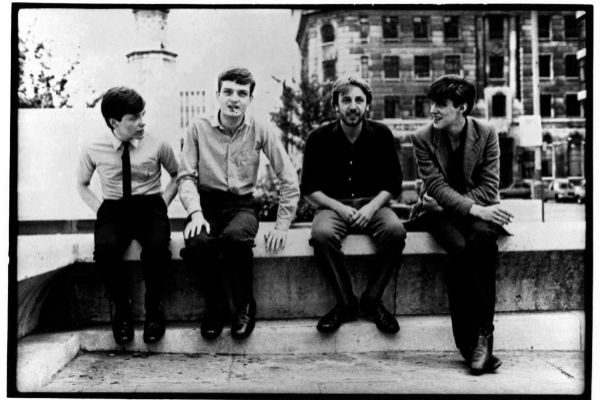The grave of Ian Curtis, mythical singer and songwriter of the post-punk band Joy Division, has been raided for the second time in the last 11 years after someone stole a part of his grave. The musician, who committed suicide in May 1980 at the age of 23, is buried in the Maccflesfield Cemetery, Cheshire, where he died.
It was this past Saturday when one of his fans realized that one of the central stones that gave shape to his grave was missing and that was used to collect the floral offerings, something that he transmitted to the staff of the enclosure, who had not even noticed of the subtraction.
"Someone has stolen or moved a rare stone from the grave and we think it was during the weekend. It had approximate dimensions of a square meter and its use was purely aesthetic, there was no inscription on it. We have already proceeded to its replacement, "they have secured from the cemetery the local Cheshire Live newspaper.
At first, he had speculated that the tombstone with his name had been directly stolen, the date of his death and the inscription 'Love will tear us apart' , which refers to his greatest success, something that has already happened in 2008 and that has not happened on this occasion thanks to the fact that the new stone was fixed to the ground by means of cement .
The Twitter account Joy Division Central, which has been in charge of making the story public, has nevertheless assured that, despite not being able to steal this second plaque, the truth is that it has tried to boycott the registration of the same , which rules out the possibility that the disappearance of the stone for the flower offerings may have been due to a chance.
Although he died at an early age, Curtis became an icon of British music of the late 70s thanks to lyrics that quickly connected with the youth of the time, but his personal problems and his epilepsy led him to a depression that ended his life. After his death in 1980, the band dissolved and was founded again as New Order.
According to the criteria of The Trust Project
Know more- music
- culture
- Rock
- UK
- Events
MusicMuse in Madrid: algorithms, virtual reality and futuristic rock
MUSICAPatti Smith: "I have lived more than 100 lives that are summed up in one"
MusicThe new Woodstock Festival, on the verge of suspension after further cancellations

